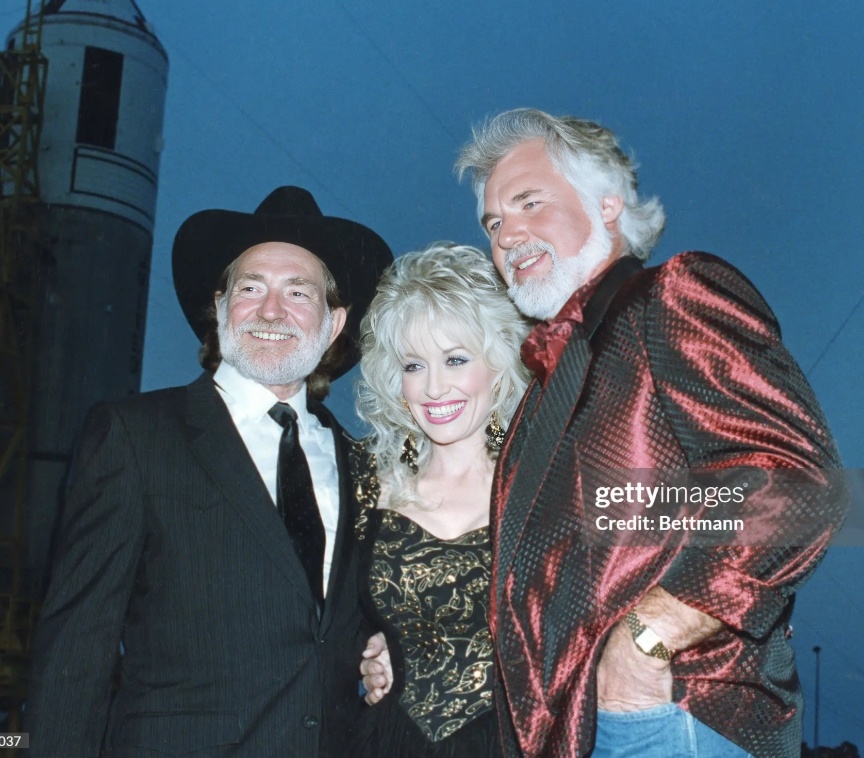
Willie Nelson, an American icon and a cornerstone of country music, has been captivating audiences for decades with his distinctive voice, heartfelt lyrics, and outlaw persona. Born in 1933, Nelson’s career spans over six decades, during which he’s released over 70 studio albums, earned countless accolades including multiple Grammy Awards, and even achieved success across various music charts, blurring the lines between country, folk, and even pop. His influence extends beyond music, with Nelson becoming a beloved figure known for his activism and advocacy.
In his later career, Nelson has continued to create deeply resonant and introspective music. One such example is “Ride Me Back Home,” the title track from his 2019 album. This poignant song delves into the themes of aging, mortality, and the importance of providing care and compassion to those in need. While not necessarily topping mainstream charts like his earlier hits, “Ride Me Back Home” struck a powerful chord with listeners.
The song’s meaning centers around the plight of neglected and abandoned horses, drawing a parallel to the vulnerability and loneliness faced by the elderly and forgotten. Nelson sings about offering these horses sanctuary and love, “riding them back home” to a place of safety and peace. The song’s simple yet powerful message resonated deeply, prompting reflection on how society treats its most vulnerable members.
Audience feedback on “Ride Me Back Home” was overwhelmingly positive, with many praising Nelson’s ability to connect with listeners on an emotional level. Critics lauded the song’s sincerity and the heartfelt delivery, highlighting its message of empathy and the importance of providing care and dignity to those in need, regardless of their age or circumstance. The song served as a reminder of Nelson’s enduring relevance and his unwavering commitment to using his music to make a difference.